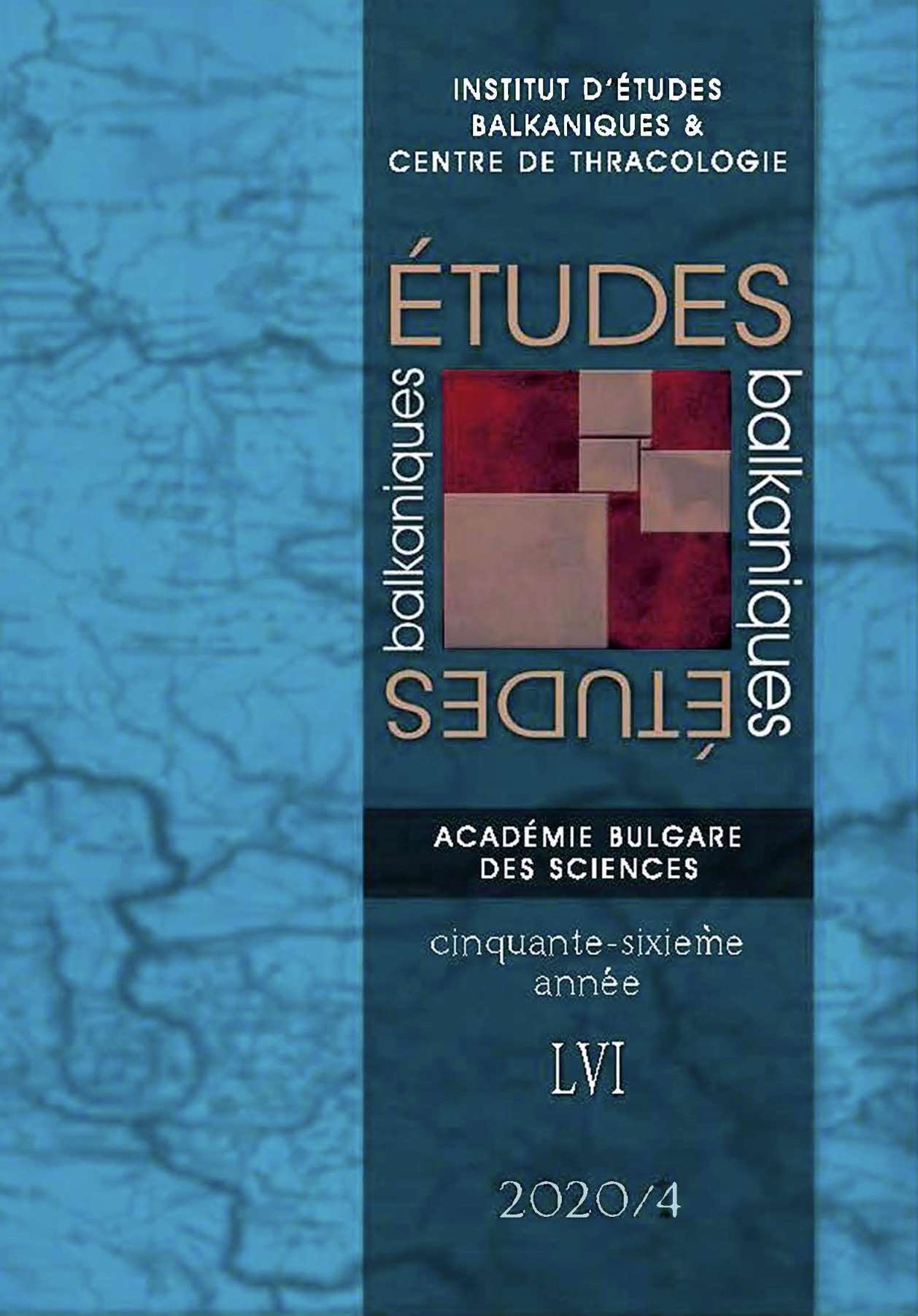CROATIA’S “LONG JOURNEY” TO THE EU
CROATIA’S “LONG JOURNEY” TO THE EU
Author(s): Irina Ognyanova-KrivoshievaSubject(s): History, Recent History (1900 till today), Special Historiographies:, Transformation Period (1990 - 2010), Present Times (2010 - today), Post-Communist Transformation, Wars in Jugoslavia
Published by: Институт за балканистика с Център по тракология - Българска академия на науките
Keywords: Nationalism; Accession to the EU; Foreign Policy; Western Balkans; Euroscepticism.
Summary/Abstract: What marked the Croatia’s history from the 1990s to the beginning of the 21st century was its accession to the EU after long and difficult six-year membership negotiations (2005-2011). It was the only state from the Western Balkans region that so far had succeeded alone and not in a group in joining the Union as its 28th member on July 1, 2013. Unlike Slovenia, Croatia lagged dramatically in the 1990s, possessed by a strong nationalism, hostile to the very idea of a united Europe. Only when the nationalistic Croatian Democratic Union lost power in 2000, the foreign policy of the country became pro-European and pro-NATO. But Croatia faced many difficulties on its road to EU. It had to solve its border issues with Slovenia. The cooperation with the Hague tribunal for war crimes in the former Yugoslavia was also very painful for the Croats. The country officially entered the Union in 2013 but that happened in a moment when Europe was in a deep economic crisis and it had no chance to gain sizeable economic benefits from its membership. So, the Euroscepticism became quite popular among Croats soon after their country became part of the huge European community.
Journal: Études balkaniques
- Issue Year: 2020
- Issue No: 4
- Page Range: 747-763
- Page Count: 17
- Language: English
- Content File-PDF

